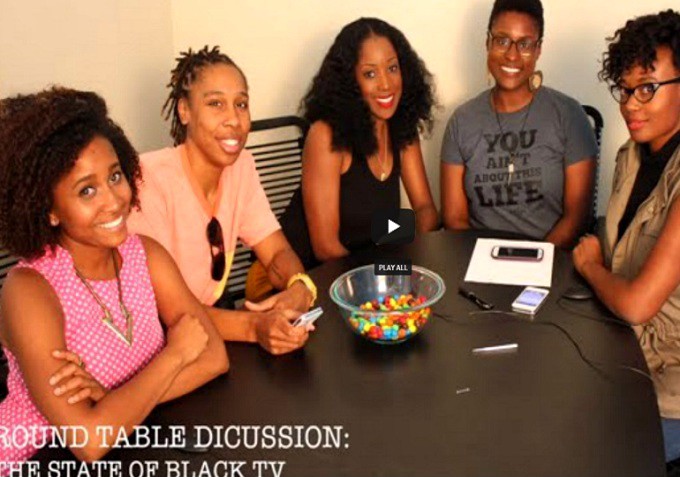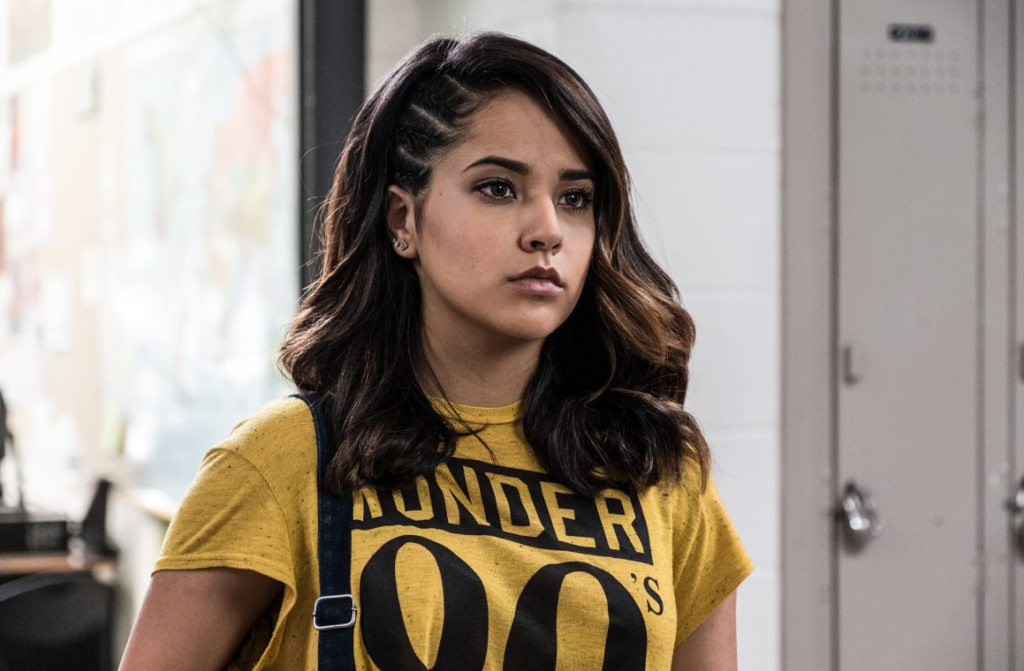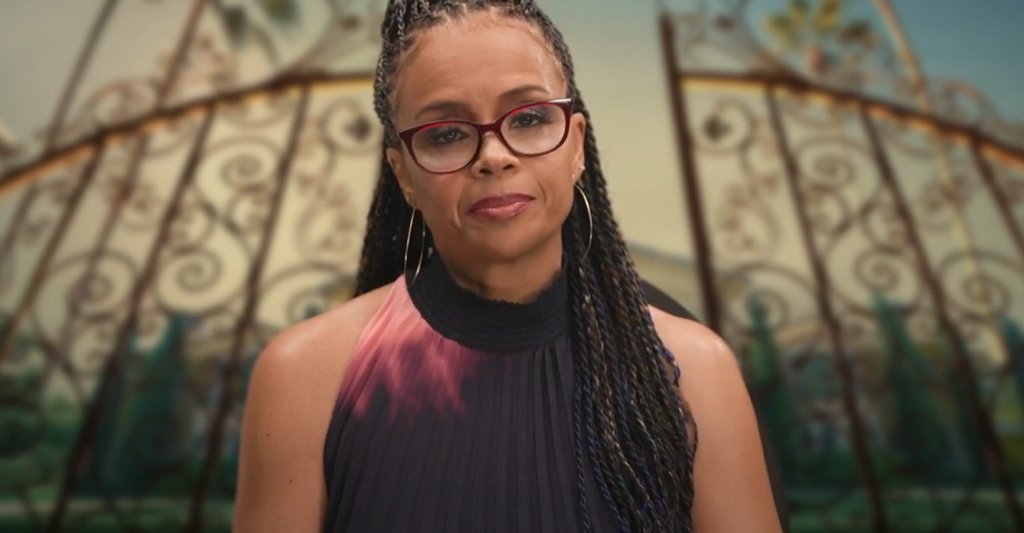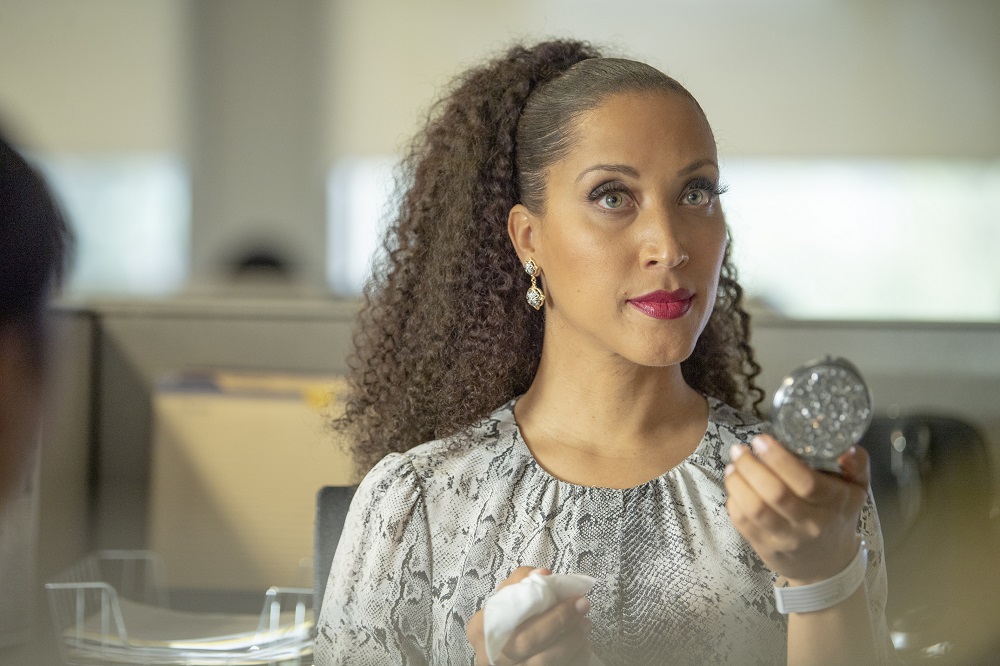Among the most interesting discussions this week about the difficulties and possibilities of culture creation today was a 30-minute roundtable discussion posted on YouTube called “The State of Black TV.”
Actress Andrea Lewis moderated a panel with writers Issa Rae (Awkward Black Girl), Lena Waithe (Dear White People), Ashley Blaine Featherson (Hello Cupid), and Numa Perrier (Orange is the New Black and Sexy). The quintet discussed a wide variety of topics, from the kinds of black characters they’d like to see more of in mainstream entertainment, the types of networks most receptive to their work (it’s not BET or VH1), and the disjunct between the popularity of African-American culture and the relative absence of African-American people in Hollywood products.
Waite called attention to the type of black female characters that are easiest to find on TV today: “Either we are pristine — wearing suits, very wealthy, more elegant than anybody [like Scandal’s Olivia Pope] — or we have, ‘Ooooh girl, Jocelyn.’ To me, we have these extremes on both sides: the bougie and the rat chick. I think there’s a middle ground we’re missing: those are the middle class, [the] everyday life.”
Waite declared that BET should “step their game up” in terms of offering a greater diversity of black experience. But she acknowledged that that’s a difficult demand, too: “They have a base they want to speak to and they have an audience they want to serve and sometimes the middle ground doesn’t fit into what they’re doing.”
That’s why she’s looking elsewhere: “I’m looking at the Netflixes, the IFCs, the Sundance Channels. Honestly, it’s the kind of place where they may go, ‘Oh, that’s new and interesting and exotic…. That is the real place to go if you’re a black creator that has something that’s not necessarily for BET or VH1. The networks don’t want to take a chance on it. You have to go this indie route, or you have to go to the web.”
Rae, who became “Internet famous” in recent years for her Awkward Black Girl webseries, added, “People are so grateful for content that reflects them. They’re grateful when it’s free — let’s be clear there — [but] it’s hard to find content [that doesn’t have] any sponsorship or support.”
Considering the global reach of American pop culture, several of the panelists noted the extra burden of making a difference to black people around the world. “The international revenue, the international eyeballs — that’s what matters [to executives],” said Rae. “We appeal worldwide — I mean, our culture already does. Why can’t they put two and two together outside of basic dance films?”
All five seemed optimistic, though, that things were improving for black creators and that “staying the course” of continuing to produce the movies and TV shows that reflect their reality would lead to a better future.
Watch the roundtable below:
[h/t Shadow and Act]







